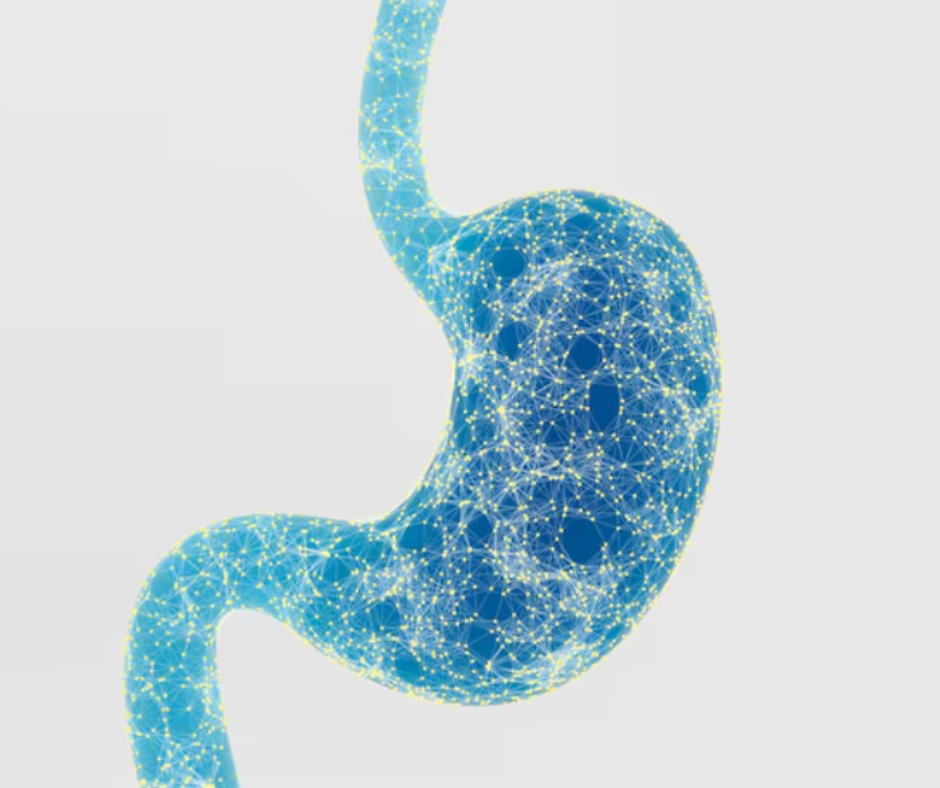Breaking Down Barriers:The Importance of Access to Gastroenterology Care for Underserved Communities
- livercarecenter23
- Apr 19, 2023
- 2 min read
More info: gastroenterologist in kochi
Gastrointestinal (GI) diseases affect millions of people worldwide, but not all individuals have equal access to gastroenterology care. Underserved communities, including low-income individuals, racial and ethnic minorities, and rural populations, face numerous barriers to accessing quality GI care. This lack of access can have significant health consequences and may contribute to disparities in health outcomes.
In this article, we'll explore the importance of access to gastroenterology care for underserved communities and the barriers that prevent them from receiving the care they need.
Barriers to Accessing Gastroenterology Care
Underserved communities face a range of barriers to accessing gastroenterology care. Some of the most significant barriers include:
Lack of Insurance: Many underserved individuals lack health insurance, which can make it difficult to access gastroenterology care.
Geographic Barriers: Rural populations may live far from healthcare facilities, making it difficult to access care. Some underserved urban populations also lack access to gastroenterology clinics and hospitals.
Language and Cultural Barriers: Language and cultural differences can also present barriers to accessing gastroenterology care. Individuals who do not speak English may struggle to communicate with providers, while cultural beliefs may prevent some individuals from seeking medical care.
Cost: Even with insurance, the cost of gastroenterology care can be a significant barrier for underserved individuals who may struggle to pay for co-pays, deductibles, and out-of-pocket costs.
Provider Shortages: Finally, underserved communities may also face shortages of gastroenterology providers, which can limit access to care.
Importance of Access to Gastroenterology Care
Access to gastroenterology care is essential for the prevention, diagnosis, and treatment of GI diseases. Early detection and treatment of GI diseases can improve outcomes, reduce healthcare costs, and improve quality of life. In addition, access to care can help prevent the progression of GI diseases, reducing the need for more invasive and costly interventions later on.
Furthermore, access to gastroenterology care is critical for reducing disparities in health outcomes. Research has shown that individuals from underserved communities are more likely to suffer from GI diseases, experience complications, and have higher mortality rates than other populations. By increasing access to gastroenterology care, we can work to reduce these disparities and improve health outcomes for all individuals.
Conclusion
In conclusion, access to gastroenterology care is essential for preventing, diagnosing, and treating GI diseases. Underserved communities face numerous barriers to accessing care, including lack of insurance, geographic barriers, language and cultural differences, cost, and provider shortages. By addressing these barriers and increasing access to gastroenterology care, we can work to reduce disparities in health outcomes and improve the overall health of our communities.




Comments